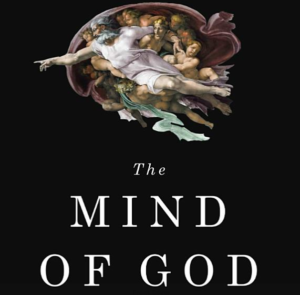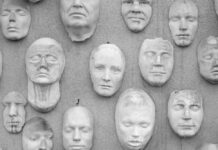From The New York Times: In his new book The Mind of God, neurologist Jay Lombard uses his experience studying neuroscience to discuss philosophical and spiritual questions about the meaning of life, the existence of God, and the nature of free will. In writing the book, he learned about some of the shortcomings of contemporary neuroscience and psychiatry.
“What I learned personally is that neuroscience is totally wrong. Neuroscientists don’t believe that such a thing as the mind exists. They flat-out reject the concept of mind. I find that a very scary, slippery slope. I think psychiatry has lost its mind, both literally and metaphorically. A lot of the book is about that part of our brain that connects us to our deeper, spiritual underpinnings. It’s not our rational brain; it’s our narrative brain.
Mainstream psychiatry is really just: symptom, check, this is the right medication for you. We don’t do therapy anymore as psychiatrists. If you need that, go to a psychologist. It’s kind of ludicrous. You’re taking care of people’s minds, but you don’t want to know anything about the mind.”















